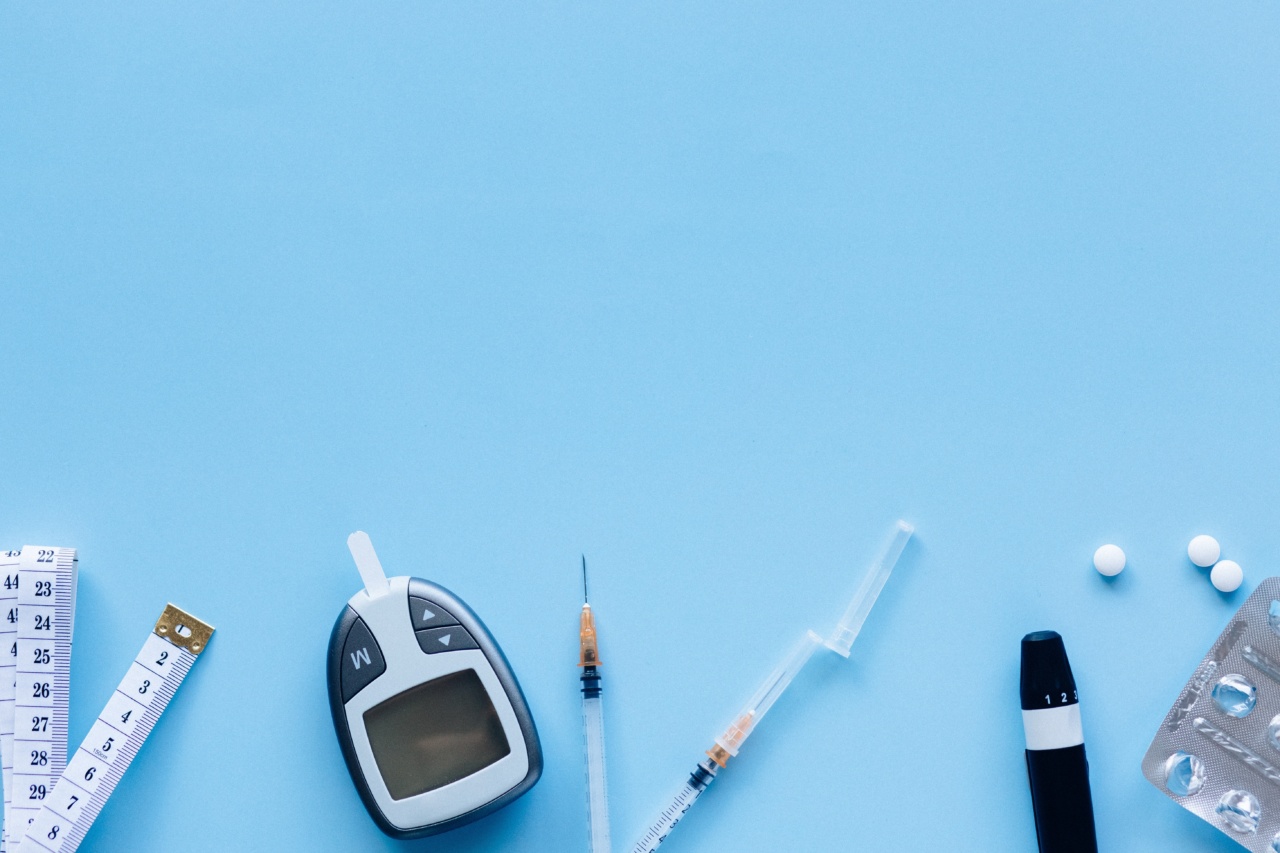Diabetes is a chronic disease that affects millions of people worldwide. It is characterized by high levels of sugar in the blood, which can cause a range of complications if left unmanaged.
While medication is often necessary to treat diabetes, there are also many lifestyle changes that can help manage the condition without the need for drugs. In this article, we’ll explore 10 ways to manage diabetes without medication.
1. Healthy Diet
Eating a healthy diet is one of the most important things you can do to manage diabetes. This means eating plenty of fruits and vegetables, whole grains, lean protein, and healthy fats.
Avoid processed foods, sugary drinks, and foods that are high in saturated fat and cholesterol.
2. Exercise Regularly
Regular exercise can help manage diabetes by improving insulin sensitivity and reducing blood sugar levels. Aim for at least 30 minutes of moderate-intensity exercise most days of the week.
This can include activities like brisk walking, cycling, swimming, or strength training.
3. Manage Stress
Stress can have a negative impact on blood glucose levels. Finding ways to manage stress, such as through relaxation techniques like deep breathing, meditation, or yoga, can help improve diabetes management.
4. Get Enough Sleep
Lack of sleep can also affect blood sugar levels and insulin sensitivity. Aim to get at least 7-8 hours of sleep per night to improve diabetes management and overall health.
5. Stay Hydrated
Drinking enough water can help keep blood sugar levels in check. Aim for at least eight cups of water per day, or more if you are physically active or in a hot environment.
6. Monitor Blood Sugar
Regular blood sugar monitoring can help you understand how different foods, activities, and stressors affect your levels. Talk to your doctor about how often you should be checking your blood sugar and what your target levels should be.
7. Quit Smoking
Smoking can worsen complications associated with diabetes, such as heart disease and stroke. Quitting smoking can help improve diabetes management and overall health.
8. Maintain a Healthy Weight
Being overweight or obese can increase the risk of developing type 2 diabetes and can make managing the condition more difficult. Aim for a healthy weight through a combination of healthy eating and regular exercise.
9. Practice Portion Control
Eating large portions can cause blood sugar levels to spike. Practice portion control by using smaller plates, measuring portions, and being mindful of how much you are eating.
10. Work With Your Healthcare Provider
Working with your healthcare provider can help you create a personalized diabetes management plan that includes medication, lifestyle changes, and regular monitoring. Follow their advice and communicate any concerns or questions you may have.
Conclusion
While medication is often necessary to treat diabetes, lifestyle changes can also be effective for managing the condition.
By following a healthy diet, exercising regularly, managing stress, getting enough sleep, staying hydrated, monitoring blood sugar, quitting smoking, maintaining a healthy weight, practicing portion control, and working with your healthcare provider, you can manage diabetes without medication.































